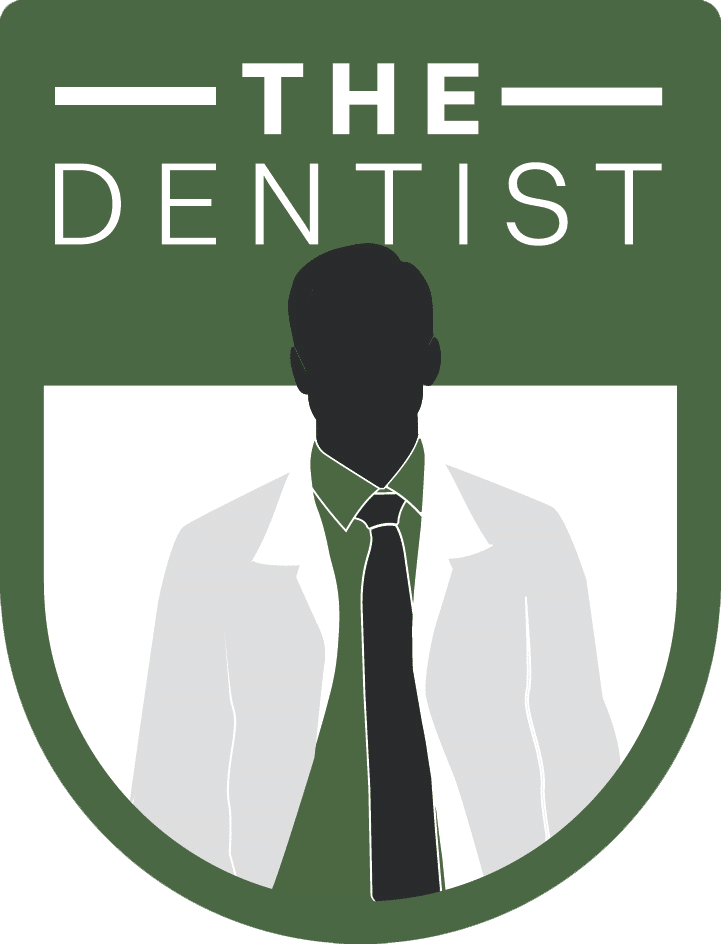Are you damaging your gums every time you brush your teeth? For millions of people, the quest for a cleaner smile inadvertently leads to receding gums from brushing too hard – a serious but preventable condition that can threaten long-term dental health. While vigorous brushing might feel like the path to better oral hygiene, this aggressive approach can actually wear away delicate gum tissue, expose sensitive tooth roots, and create lasting damage that won’t heal on its own. Understanding the hidden dangers of improper brushing techniques has never been more crucial, as dentists report seeing an increasing number of patients with brushing-related gum recession. Whether you’ve noticed increased tooth sensitivity, visible changes in your gum line, or simply want to protect your smile for years to come, this comprehensive guide will reveal everything you need to know about preventing and treating receding gums from brushing too hard.
Understanding Gum Recession
Gum recession occurs when the margin of gum tissue surrounding the teeth wears away or pulls back, exposing more of the tooth and its root. According to WebMD, this creates “pockets” or gaps between teeth and gum lines where harmful bacteria can accumulate.
Signs and Symptoms of Receding Gums
Common indicators include:
– Visibly longer-looking teeth
– Exposed tooth roots
– Increased sensitivity to hot, cold, and sweet substances
– Visible notches near the gum line
– Darkened appearance at the gum line
– Bleeding during brushing or flossing
Can Gums Recede From Brushing Too Hard?
Yes, aggressive brushing is a leading cause of gum recession. When too much pressure is applied during brushing, the mechanical force gradually wears away both tooth enamel and gum tissue. This damage accumulates over time, leading to permanent gum tissue loss.
Causes of Gum Recession
Aggressive Brushing Techniques
Improper brushing habits that contribute to recession include:
– Using excessive force while brushing
– Employing a sawing motion instead of gentle circular movements
– Using medium or hard-bristled toothbrushes
– Brushing immediately after consuming acidic foods
– Brushing for too long in one area
Other Contributing Factors
Additional causes of gum recession include:
– Periodontal disease
– Genetic predisposition
– Hormonal changes
– Tobacco use
– Teeth grinding (bruxism)
– Misaligned teeth
– Lip or tongue piercings
– Poor oral hygiene
How Brushing Too Hard Damages Your Gums
The Mechanical Process
Aggressive brushing creates micro-injuries to gum tissue through:
– Direct physical trauma to gum margins
– Erosion of protective tooth enamel
– Damage to the natural gum attachment
– Inflammation of gum tissue
Long-term Consequences
Untreated gum recession can lead to:
– Increased tooth sensitivity
– Higher risk of tooth decay
– Root exposure and damage
– Tooth loosening
– Eventual tooth loss
– Aesthetic concerns
Prevention: Proper Brushing Techniques
Choosing the Right Tools
Essential tools for preventing recession:
– Soft-bristled toothbrush
– Electric toothbrush with pressure sensor
– Non-abrasive toothpaste
– Proper-sized brush head for your mouth
Correct Brushing Method
Follow these techniques:
1. Hold brush at a 45-degree angle to gums
2. Use gentle circular motions
3. Brush for two minutes total
4. Clean all tooth surfaces systematically
5. Avoid sawing or aggressive back-and-forth motions
Treatment Options for Receding Gums
Non-surgical Treatments
Initial treatment approaches include:
– Professional dental cleaning
– Scaling and root planing
– Desensitizing agents
– Antimicrobial treatments
– Bite adjustment if needed
Surgical Options
Advanced cases may require:
– Gum grafting surgery
– Guided tissue regeneration
– Pinhole surgical technique
– Platelet-rich fibrin therapy
Tools and Resources for Healthy Gums
Regular monitoring and professional care are essential for maintaining gum health. Schedule regular check-ups with The Dentist LV to prevent and address gum recession early. Our experienced team can provide personalized guidance on proper brushing techniques and recommend appropriate treatment options if needed.
For more information or to schedule a consultation, contact The Dentist LV today.


